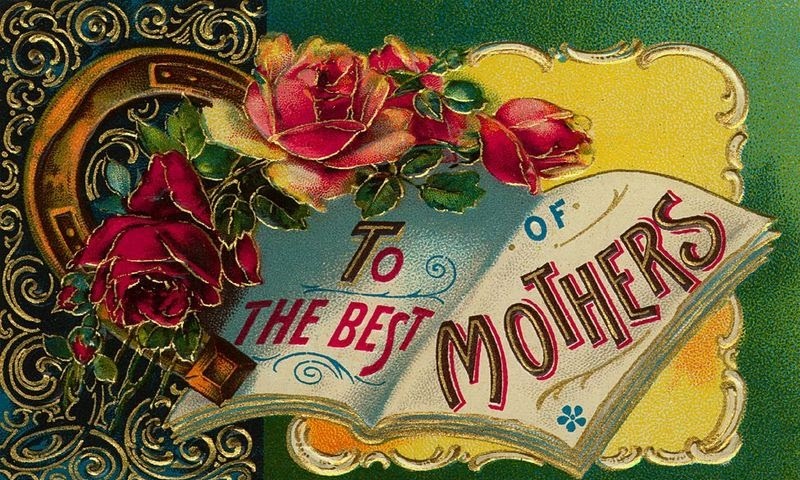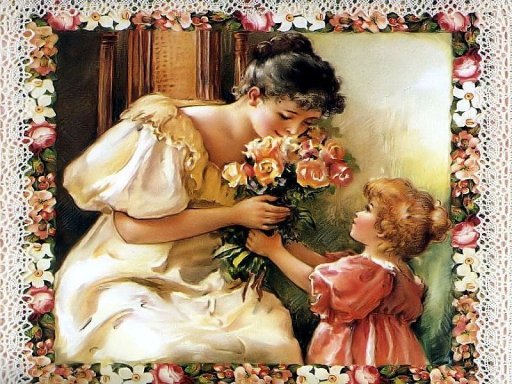Here in the UK we are celebrating Mother’s Day, so in today’s Brontë blog post we are going to pay tribute to Maria Branwell, the mother of the Brontë siblings, as well as looking ahead to a rather more sombre anniversary tomorrow.
Maria Branwell was born in Penzance in April 1783, making her six years younger than the man she would later marry: Patrick Brontë. Her background was very different to that of Patrick Brontë; whereas he came from a relatively poor farming family in County Down, in what is now Northern Ireland, Maria came from a relatively wealthy family in Cornwall.
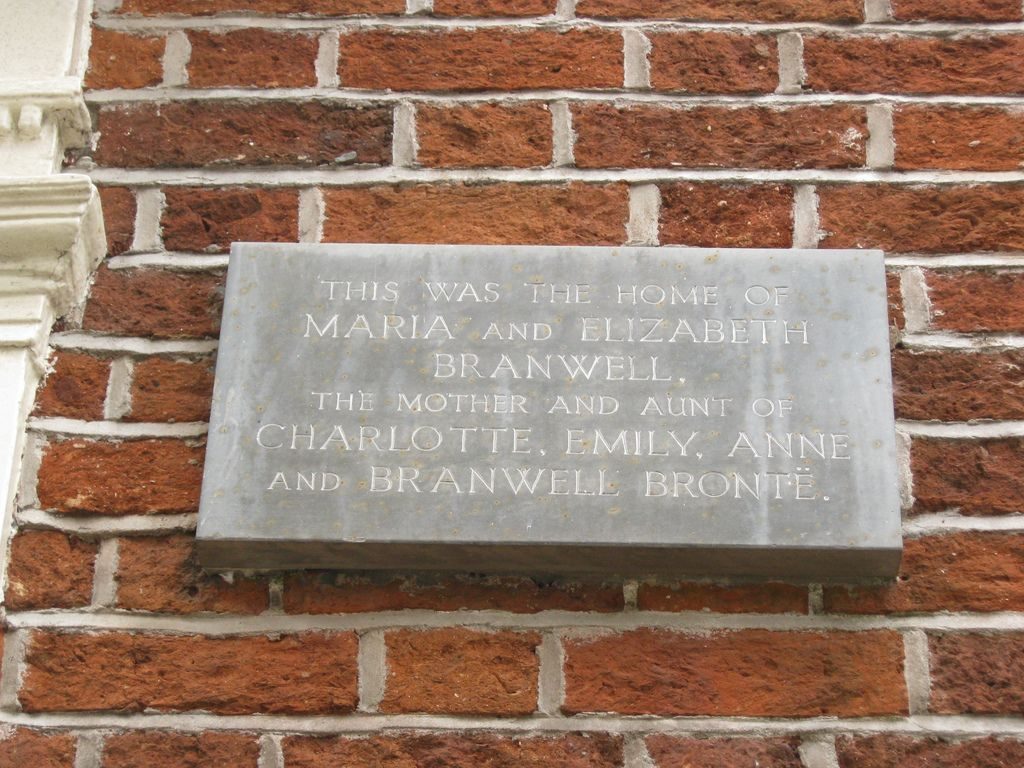
The Branwells were one of Penzance’s leading families, owning property, warehouses and even a brewery. Their position at the head of Penzance society was cemented when Thomas Branwell married Anne Carne. The Carnes were another successful family from this south west corner of England, and they had their own bank. Thomas and Anne were the maternal grandparents of the Brontë children, and they had a large family of their own: including Maria Branwell.
Maria grew up free from worries of poverty, in a beautiful part of the country with a pleasant climate, but after her parents died within a year of each other she was faced with a stark choice: she was nearing thirty, would she remain in Penzance and live off the annuity she had been left by Thomas and Anne, or would she try to make her own way in life?
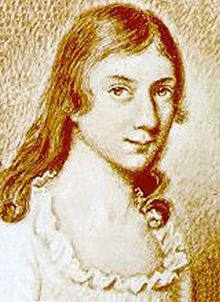
It is a tribute to Maria’s character and determination that she chose the latter path. Her uncle and aunt, John and Jane Fennell, had opened a school in far away Yorkshire, and knowing Maria’s intelligence and work ethic they offered her a job. She travelled to Yorkshire in the summer of 1812, and would never see Cornwall again.
Yorkshire must have seemed a very strange place to her. It was colder than she was used to, wetter than she was used to, and the northern accents must have seemed almost unintelligible to Maria. Nevertheless she persevered, and of course we all know that at the school, Woodhouse Grove, she met and fell in love with Patrick Brontë. After a triple wedding in 1812 they had six children together and the rest is literary history.
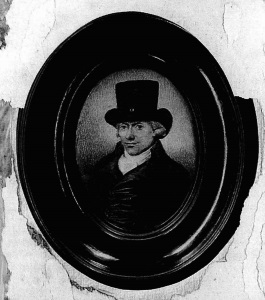
What was Maria like as a mother? It must have been difficult juggling the work of a mother of six with her role as wife of the parish priest, but clearly she loved her children very much. Alas, Maria was taken far too soon and she died in 1821 when her youngest child, Anne Brontë, was just a year old. Maria’s final thoughts were with those she was leaving behind, as she cried out: “Oh, my poor children.”
We get an insight into Maria’s mind with an essay she wrote entitled “The Advantages Of Poverty In Religious Concerns.” In this essay Maria comes across as a woman of great faith, but we also get a glimpse of her view of motherhood as she writes:”‘Is it not an evil to be deprived of the necessaries of life? Can there be any anguish equal to that occasioned by objects, dear as your own soul, famishing with cold and hunger? Is it not an evil to hear the heart-rending cries of your children craving for that which you have it not in your power to give them? And, as an aggravation of this distress, to know that some are surfeited by abundance at the same time that you and yours are perishing for want?”
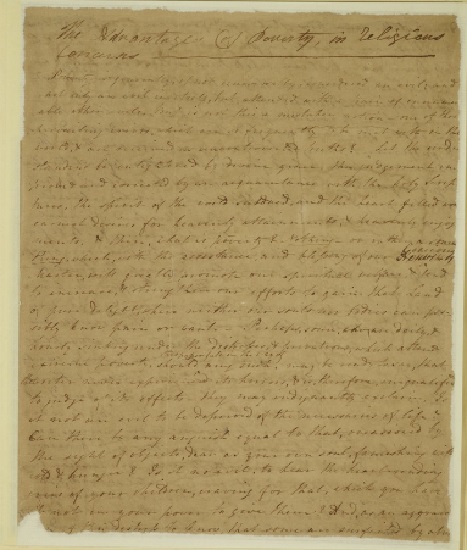
We also know that decades after her death, Patrick presented Charlotte Brontë with a selection of Maria’s letters. It must have been a deeply touching moment for Charlotte, who wrote mounrfully: “It was strange now to peruse for the first time the records of a mind whence my own sprang – and most strange – and at once sad and sweet to find that mind of a truly fine, pure and elevated order. They were written to papa before they were married – there is a rectitude, a refinement, a constancy, a modesty, a sense, a gentleness about them indescribable. I wished she had lived and that I had known her.”
Charlotte herself nearly became a mother, but it was not to be and tragedy struck yet again in the Brontë story. Tomorrow marks the 170th anniversary of the death of Charlotte Brontë, and I will be marking the day with a new Brontë blog post. I hope you can join me for that tomorrow, but in the meantime I would like to wish all mothers, step-mothers and grandmothers a very happy mother’s day!
